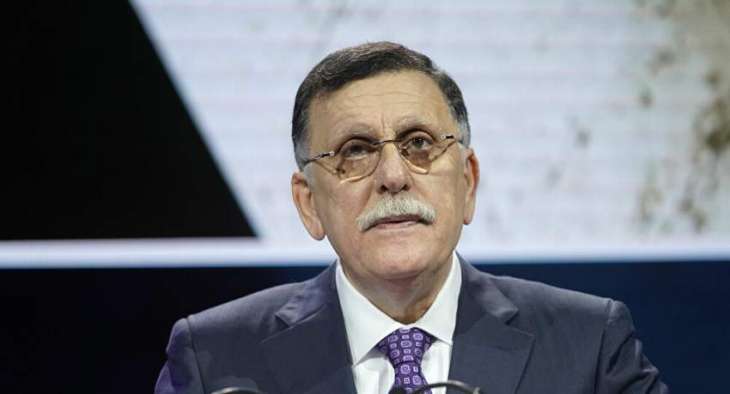Participants of the Berlin conference on Libya, held in January, do not adhere to the decisions made during the event and "continue to play a negative role" in the crisis, Fayez Sarraj, the prime minister of the Tripoli-based Government of National Accord, has told Sputnik
CAIRO (Pakistan Point News / Sputnik - 06th April, 2020) Participants of the Berlin conference on Libya, held in January, do not adhere to the decisions made during the event and "continue to play a negative role" in the crisis, Fayez Sarraj, the prime minister of the Tripoli-based Government of National Accord, has told Sputnik.
"[Former UN Special Representative on Libya] Ghassan [Salame's] efforts were concentrated on achieving a consensus between foreign countries, which had an impact in Libya, participated in the Berlin conference and approved its results. Unfortunately, they did not respect these decisions and continued to play a negative role in the Libyan crisis," Sarraj said.
Sarraj also expressed his gratitude to Salame, who resigned on March 2 due to health problems, for his efforts to resolve the Libyan conflict.
"The resignation was a surprise, it happened under the pretext of health problems. We thank him and wish him well," Sarraj said.
Sarraj wished success to the acting special representative on Libya, Stephanie Williams, appointed by UN Secretary-General Antonio Guterres on March 12, and stressed that Salame's resignation was the sixth one among the UN envoys to the North African country, which "reflects the complexity of the mission."
On January 19, Berlin hosted an international conference on Libya with the participation of Russia, the United States, Turkey, Egypt and several other countries, as well as the European Union and the United Nations. The main outcome of the conference was an appeal by its participants for a ceasefire, and an obligation to refrain from interfering in the conflict and to observe the UN arms embargo on Libya.




